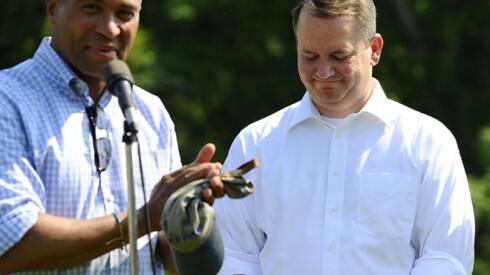Ryan Holeywell is the communications manager for the Texas Medical Center Health Policy Institute in Houston. He previously worked at Rice University's Kinder Institute for Urban Research. Holeywell is a former reporter for the Houston Chronicle as well as Governing magazine, where he covered infrastructure and federal policy from 2010 to 2014.
Holeywell earned his bachelor’s degree in political communication from George Washington University and is pursuing a master's degree in public Affairs from the University of Missouri.














